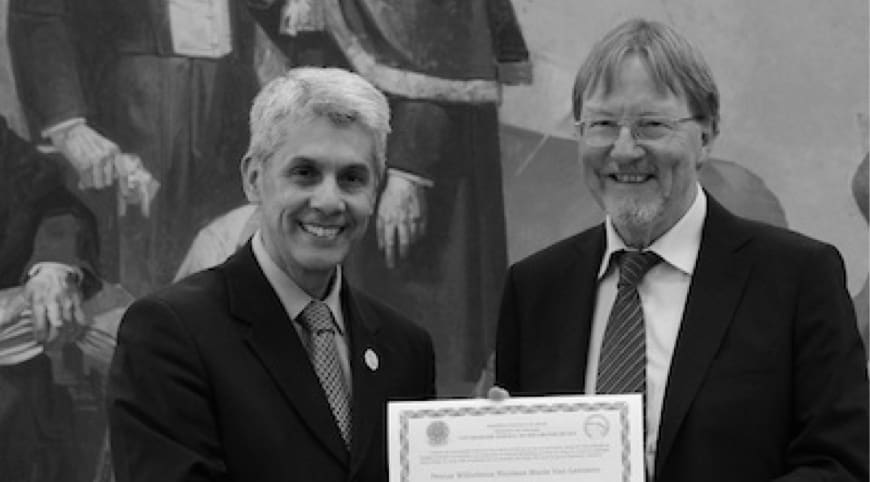Large P-P distance diphosphines and their monophosphine analogues as ligands in the palladium-catalyzed telomerization of 1,3-butadiene and methanol
The potential of diphosphines based on a dibenzodioxocin or benzofurobenzofuran backbone possessing large P-P distances was studied for the selective telomerization of 1,3-butadiene with methanol under commercially relevant process conditions to obtain 1-methoxyocta-2,7-diene (1-MOD). They were found to act as monophosphines. New bulky monophosphine analogues of the same backbone and ferrocene were also evaluated. Several ligands showed improved selectivity and yield compared to the benchmark ligand PPh3 and monoxantphos. Especially 1,6-bis(diphenylphosphino)-5a,10b-dihydro-5a,10b-dimethyl-3,8-dimethylbenzofuro[3,2-b]benzofuran (3) and, 2,10-di-tert-butyl-4-diphenylphosphino-6,12-methano-12H-dibenzo[2,1-d:1′,2′′-g][1,3]dioxocin (7), a diphosphine and a monophosphine, respectively, stand out as excellent ligands in terms of yield, selectivity, and stability.


Let's create a brighter future
Join our team to work with renowned researchers, tackle groundbreaking
projects and contribute to meaningful scientific advancements



















